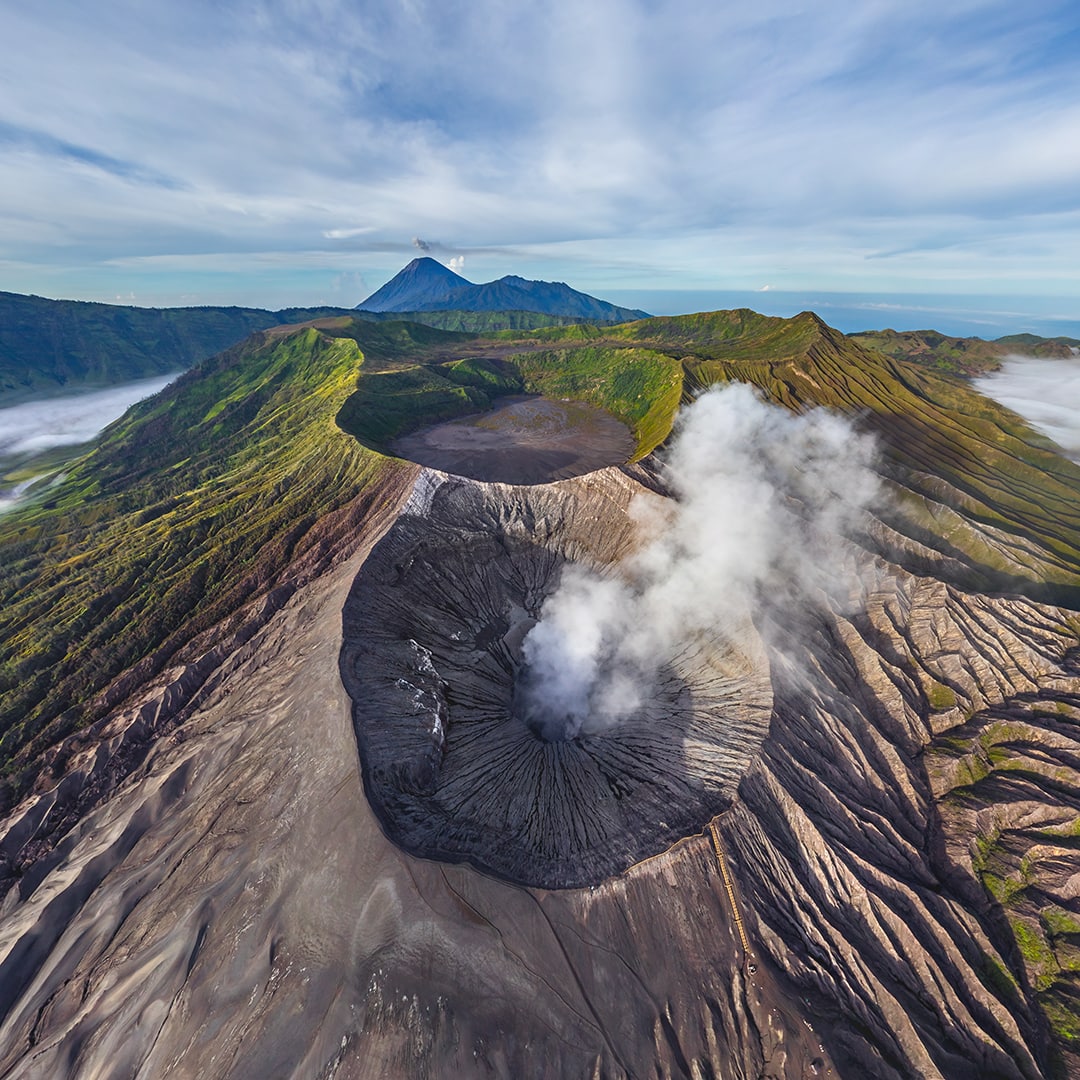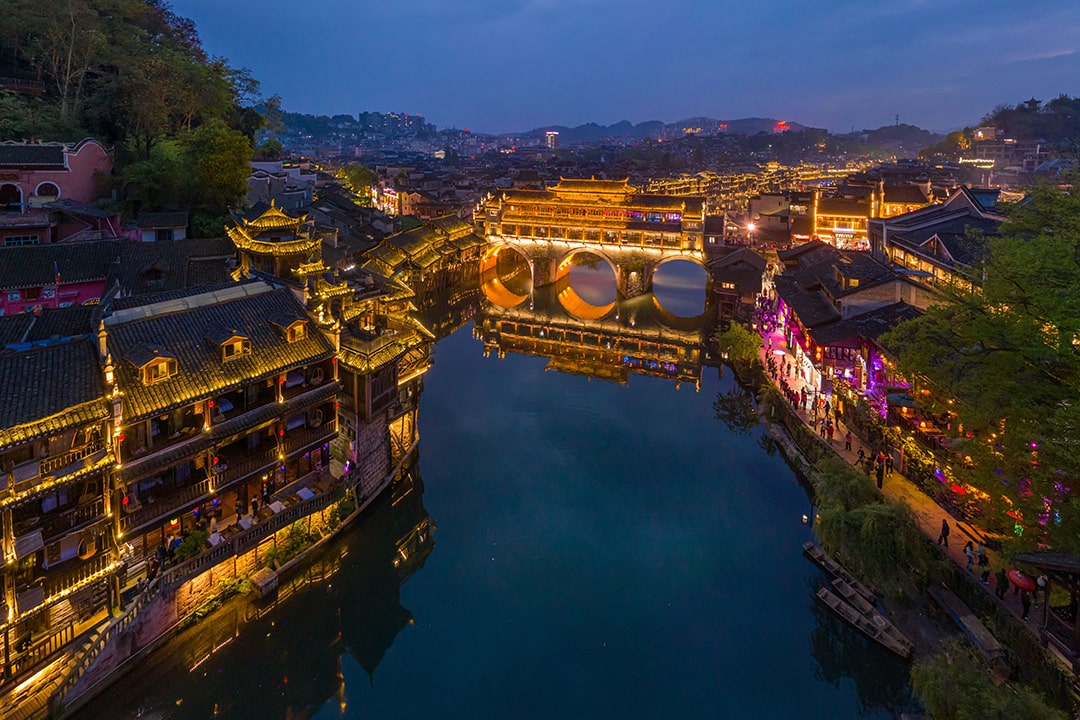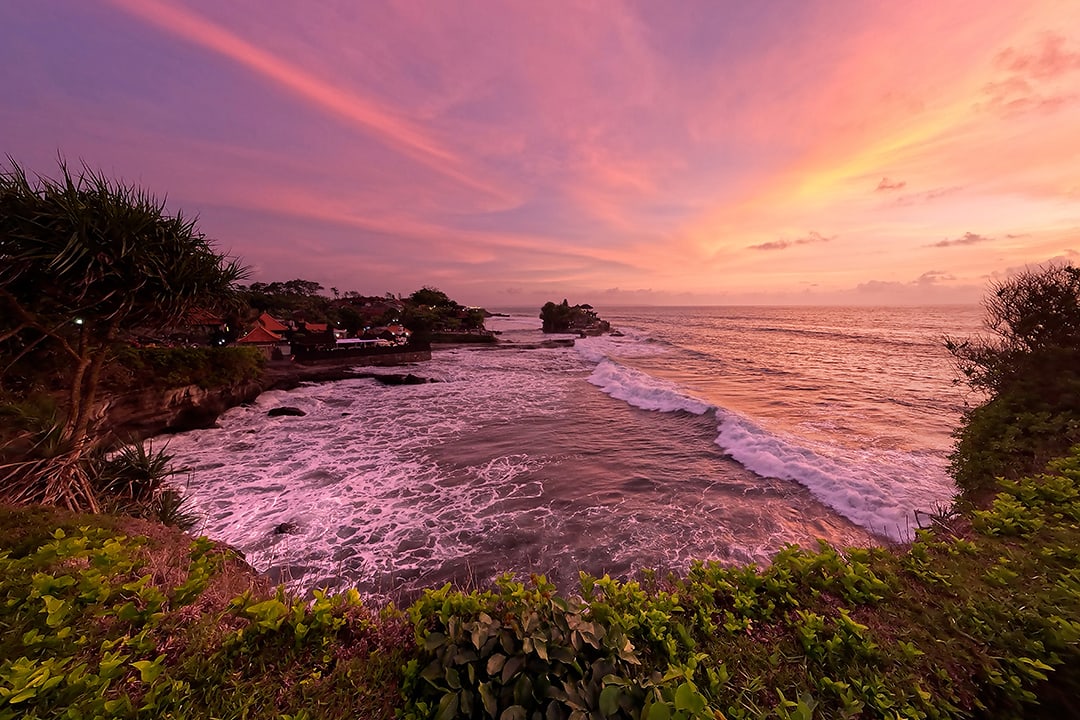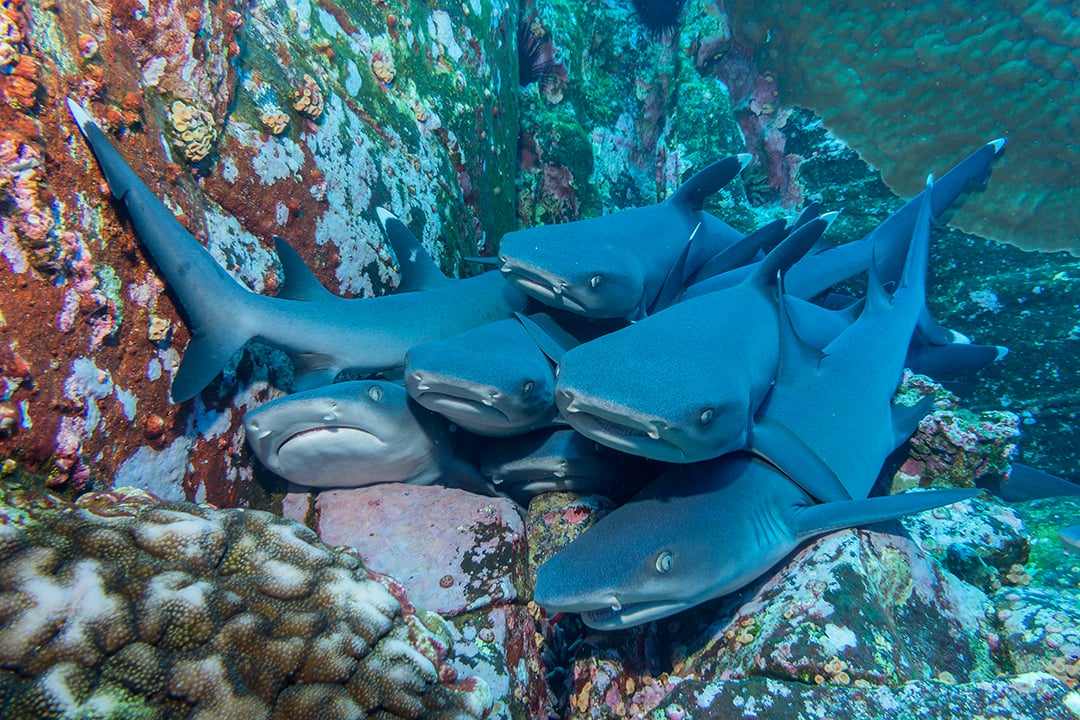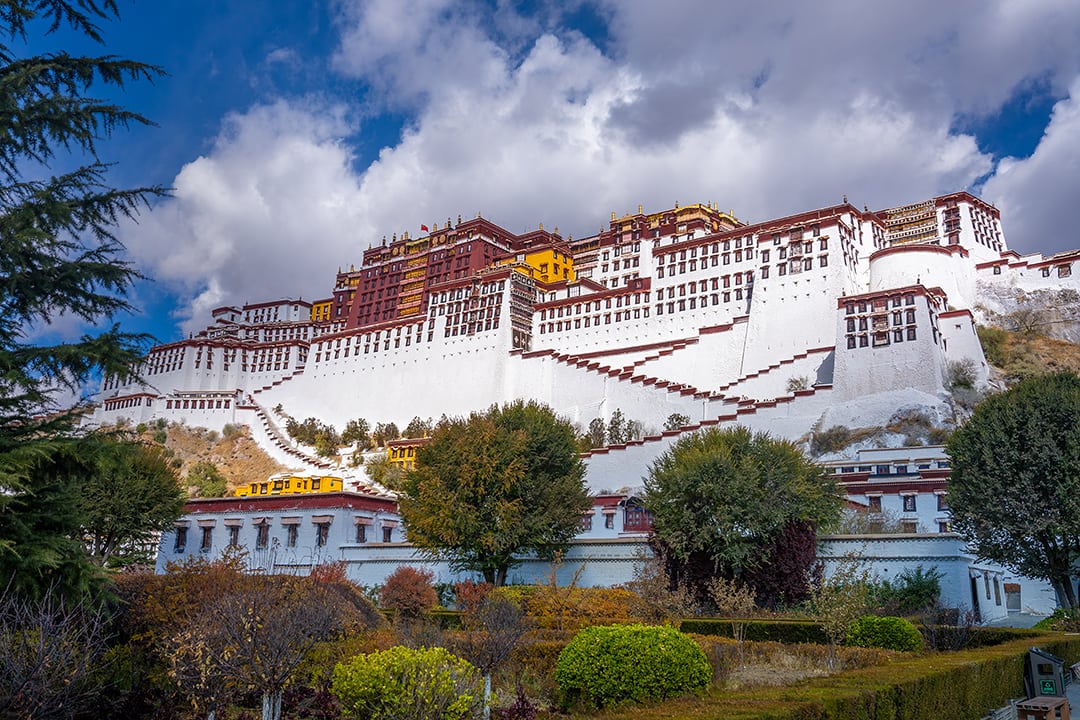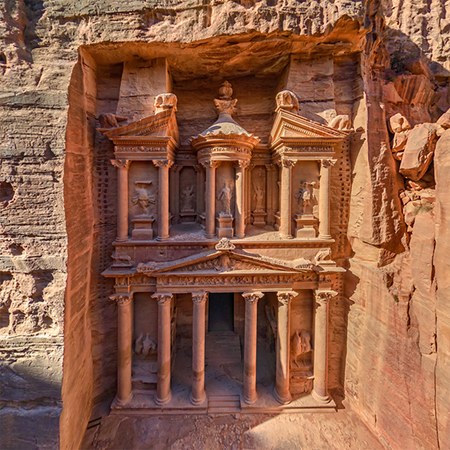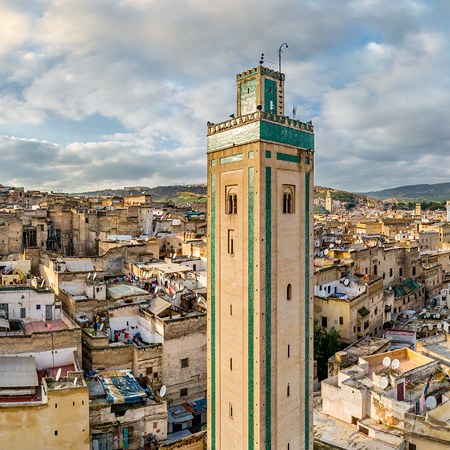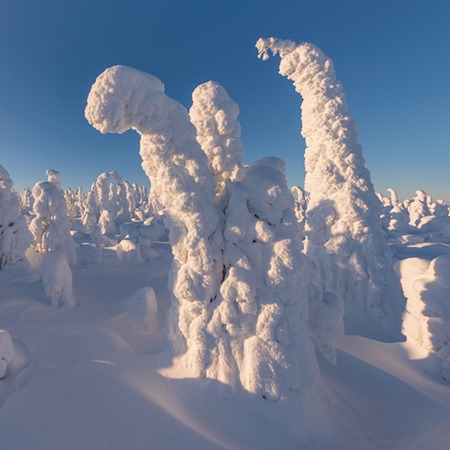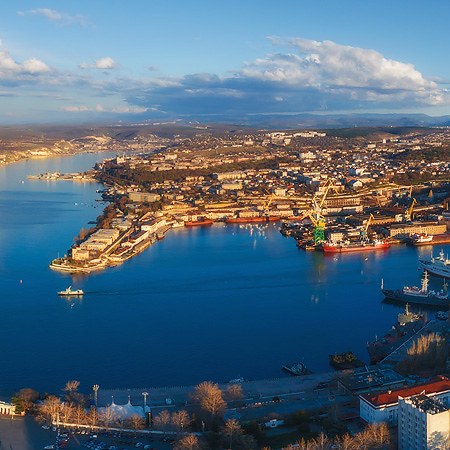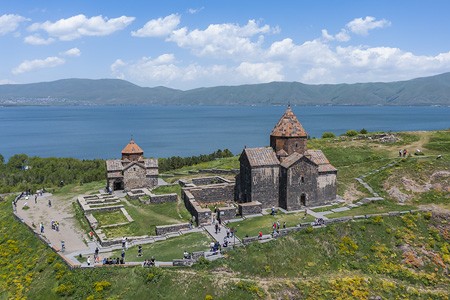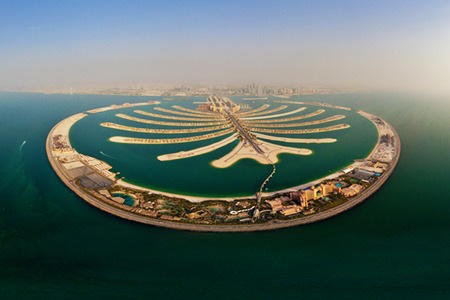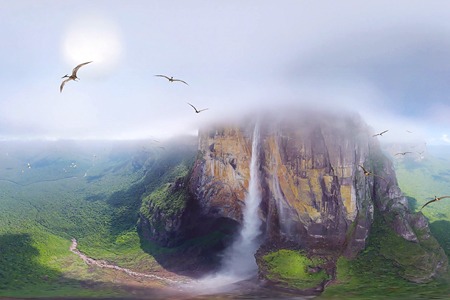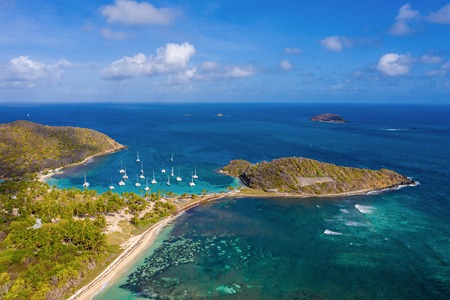National park Altyn Emel
Altyn-Eme" is a state national nature park located in the south-east of Kazakhstan, in the center of the historical region of Semirechye. The park is located between the Ili River and the Dzungarian Alatau Mountains, 250 km from the city of Almaty. The name of the park is translated from Turkic-Mongolian as golden saddle.

The total area of the Altyn-Emel Park is 3070 sq. km. Since 2017, by the decision of UNESCO headquarters, the Altyn-Emel National Park has been included in the World Network of Biosphere Reserves.
The flora of the park has about 1800 plant species, of which 21 species are listed in the Red Book of Kazakhstan. The habitat of 1658 species of invertebrates has been established. The vertebrate fauna includes 393 species: 78 species of mammals, 260 species of birds, 25 species of reptiles, 4 species of amphibians, 26 species of fish.

The most famous attractions of the park are the Singing Dune, Aktau - layered clay mountains with canyons, Katutau - volcanic mountains of bizarre shape and the Kosbastau tract.
The Singing Dune Aygaykum is the main attraction of the Altyn-Emel National Park. This is a mountain of pure quartz sand of light tones without vegetation, with a steep slope up to 3 km long and 150 m high.

The dune was formed as a result of geological processes in the Semirechye region. About 200 thousand years ago, a part of the Kalkan volcano shifted, creating a corridor. The winds blowing from the southeast sucked sand from the shallows of the Ili River into it, like into a wind tunnel. At the Bolshoi and Maly Kalkan mountains, located at a slight angle to each other, the wind collides with an obstacle and, losing strength, leaves behind sand. Thus, over many millennia, huge dunes were formed. And today, the same mountains that formed the Singing Dune do not allow it to “roam”.

In dry, windy weather, the dune produces a long, loud sound, reminiscent of low throat singing, an organ melody, or the roar of a jet plane, and can be heard for several kilometers around. That is why the dune was called “Singing”. This rare phenomenon occurs only in a few places in the world. There are several theories about the mysterious mechanism by which sand “sounds”. One of them suggests that the frequency of the sound depends on the speed of the shift of the sand mass. Other scientists believe that the frequency of vibration is related to the thickness of the dry surface layer of sand. Sound waves resonate between the surface of the dune and the surface of the wet layer, increasing the volume of the sound. And the sound itself can be caused by friction between sand grains or compression of air between them.
Climbing the Singing Dune is pure delight, especially if you go barefoot. The dune is soft, and you can hear it singing under your feet. From the crest of the dune, a beautiful panorama of the surrounding area opens up. In the south, you can see a thin strip of the Ili River, the purple mountains of Sogety and Boguty, behind which the white peaks of the Ket-men ridges peek out. From the west, the steep side of Bolshoi Kalkan closes the horizon, from the east - Maly. And in the north, behind it, you can see the lilac-blue ridge of the spurs of the Dzungarian Alatau, the Chulak, Matai and Altyn-Emel mountains. At their foot there is a foothill valley, cut by thin strips of dry riverbeds. The southwestern slope of the dune is smooth, and the opposite one has several ridges with gentle slopes.

The Singing Dune is one of the seven natural wonders of Kazakhstan. It was nominated for the world competition "New Seven Wonders of Nature", which was held from 2007 to 2011.
The chalk mountains of Aktau are the second most important attraction of the Altyn-Emel National Park after the Singing Dune.
The Aktau Mountains are a unique geological formation, powerful sedimentary deposits on the bottom of an ancient dried-up ocean. The name of the mountains is associated with the predominant white color of the constituent rocks. The height of these deposits reaches 1000 meters. Over time, as a result of tectonic and erosional processes, amazing gorges and canyons formed, composed of ribbon-like sedimentary rocks of various colors: green, red, blue and white. The landscapes of these places, especially at sunset or sunrise, resemble landscapes from science fiction films and look completely alien.

Geology and paleontology enthusiasts will be absolutely delighted by this place, which is a real open-air museum. Here you can find many different rocks, scattered along the gorges or laid out in the form of a "layered cake". The Altyn-Emel National Park surpasses many world reserves with the status of a geopark in terms of the saturation of geological formations. The Aktau Mountains are a natural geological museum where you can clearly study the geological and paleontological record of this unique territory, trace the evolution from the first islands of land to the formation of desert mountains with characteristic flora and fauna.
Remains of ancient plants and animals were found in the Aktau Mountains. Several large sites of Cenozoic fauna were discovered: marsh rhinoceroses (brontotheres), crocodiles, mollusks, turtles, giant rhinoceroses, mastodons, and deer. During excavations, a new species of brontotherium was found - Aktautitan, named after the Aktau Mountains.

The Kosbastau tract is an oasis in the desert, located on the territory of a natural park. It is located between the Ulken-Kalkan Mountains in the west and Katutau in the east, on an intermountain plain. Relict turanga groves and long-lived trees grow here, including the famous 700-year-old willow. On hot summer days, it is cool here thanks to the stream, the abundance of greenery and a small lake, which creates a striking contrast with the surrounding desert terrain.

The Katutau volcanic mountains are the largest and highest desert mountains in Altyn-Emel (the upper limit reaches 1630 m). In the middle part of the ridge there is a large extinct volcano. The products of its powerful eruptions covered a large territory and then collapsed, taking intricate forms.
Photos and text by Max Nasekin
2 August 2024
Read more
360° Video
